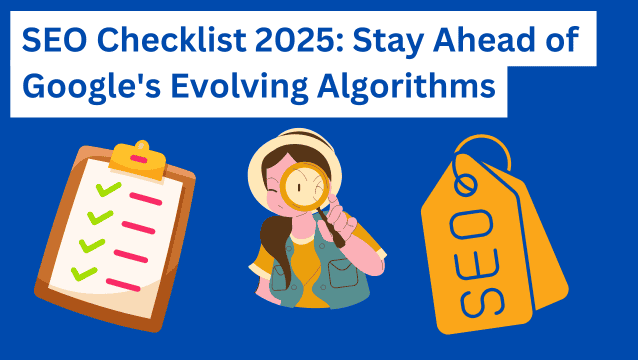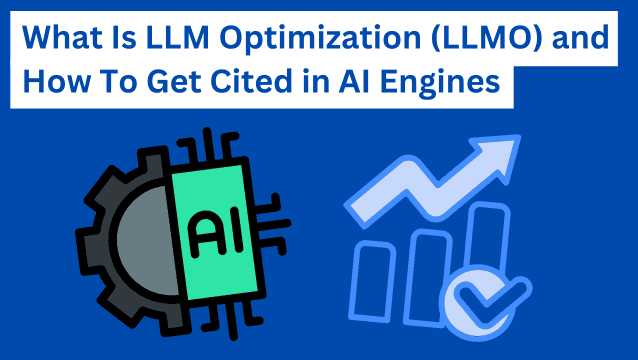Anu Adegbola, a media editor at Search Engine Land, reported a Google ads update showing that broad match is now enabled for new search campaigns, opposite of Google’s previous settings, where broad match was turned off by default.
While Google has yet to officially report the update, the impact could be costly if advertisers don’t use the correct keyword match for their campaign strategies.
Broad match recap
Three keyword match types exist:
- Broad match: “Queries must relate to your chosen keyword (highest reach – lowest relevance).”
- Phrase match: “Queries must include your keyword’s meaning (medium reach – medium relevance).”
- Exact match: “Queries must match your keyword’s meaning (lowest reach – highest relevance).”
Assigning broad match by default means all new search campaigns match equivalent phrases, exact matches, related searches, and relevant variations.
For example, if you’re running an ad campaign using the keyword “men’s hats,” someone searching using the term “buy men’s hats” or a misspelling like “by men’s hats” might see your ad.
Where the update was reported
Search Engine Land was alerted to the update by Thomas Eccel on LinkedIn:
Thomas posted a video of the update; here’s a screen grab showing broad match enabled by default:
Why the update?
Google’s update in making broad match by default aligns with its ongoing transition to automated AI-driven campaigns to help simplify the campaign setup for new users and generate maximum data for its algorithm.
Google says it will help advertisers reach a wider audience:
- “Broad match is the default match type that all your keywords are assigned. This helps your ads reach a wider audience without requiring you to build an extensive keyword list.”
What you’ll find on the Google Ads Help page:
The possible effect on ad campaigns
As broad match (the most inefficient match type) is now the default setting, advertisers who prefer using an exact match or phrase for precise targeting must be vigilant and choose the correct match type setting for their new search campaigns.
Mind your budget!
Advertisers who aren’t aware of the update or forget to select “phrase or precise targeting” risk blowing their advertising budget on a low-performing campaign because of a broad match strategy that gives little in return.


